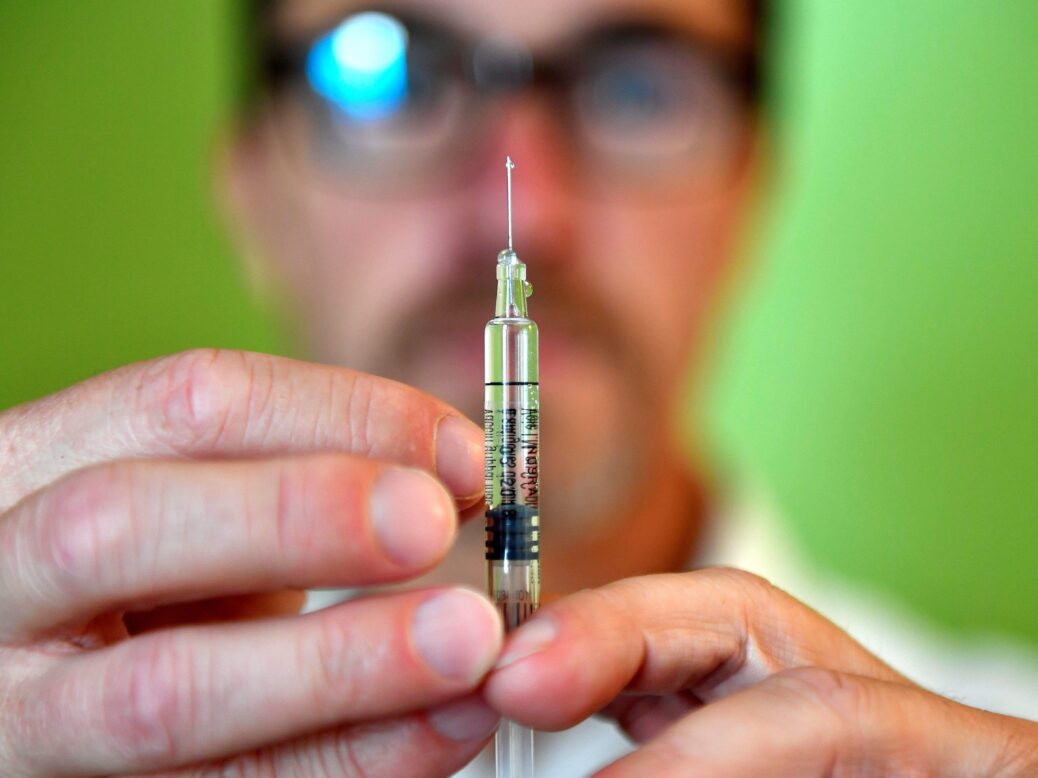
On the eve of its 70th birthday, Bishop James Jones presented the NHS with a devastating report on events that happened at a community hospital in Gosport. The report’s key conclusion is that between 1989 and 2000, more than 600 people admitted to that hospital had their lives shortened by the prescription of opioid drugs without any appropriate clinical indication.
I was involved as an expert witness regarding this case for the Hampshire police in 2001. I reviewed the management of five patients and expressed concerns about the routine use of opiate and sedative drug infusions without clear indication. I commented that this suggested a culture of involuntary euthanasia on these hospital wards. I was not the first to raise such concerns. In 1991, nursing staff had alerted a hospital manager that opiates were being administered to patients who did not have pain and patients deaths were sometimes hastened unnecessarily. Eight years later, in 1999, following complaints to the police from relatives, the first independent medical expert Professor Brian Livesley was asked to review the death of one patient. He concluded that she had died from respiratory depression as a consequence of drugs administered by a syringe driver, and expressed concerns that there appeared to be a culture of inappropriate clinical practice at the hospital.
It is 27 years since nursing staff first raised concerns about Gosport War Memorial Hospital for the full extent of the harm that took place to be identified. This on its own should be concerning. Even more worrying is that this identification only happened due to the persistence of family members seeking the truth. The report provides a comprehensive account of the role of individuals and organisations in this sad story. It will be rich detail for future medical historians.
We are still awaiting the outcome of an independent police investigation, not to mention the response of the Department of Health and regulatory organisations. In the meantime, here are some personal reflections on the lessons NHS organisations and health care professionals might take from the report:
1. Empower frontline NHS staff to speak out and listen to them
While there has been some progress since the 1990s in encouraging staff to raise concerns, nursing staff and other healthcare professionals often remain reluctant to express their concerns. This may be even more challenging in small community teams. The report emphasises the need to protect whistleblowers. However, we should really be working towards a culture where staff challenging their colleagues constructively is normal expected practice. Furthermore NHS senior management teams need to develop more effective skills to support the development of that culture, including within their own senior teams.
2. Investigate the system not the individual
The surgeon Atul Gawande in his 2014 Reith lectures outlined how we are in the “century of the system”. Better systems reduce mistakes and improve outcomes in healthcare. In the case of Gosport, in the early stages much of the focus was on individual actions, rather than the impact of care provided by the hospital on patient outcomes overall. Organisational and professional regulatory bodies and the legal system needs to shift more focus to recognising failings across healthcare organisations as well as potential malpractice by individual healthcare practitioners. The Gosport Inquiry paints a picture of healthcare managers, regulators, police and legal institutions working with different information and often failing to work together effectively.
3. Analyse and compare deaths and prescribing in community hospitals
In Gosport, the impact on patients of a doctor’s prescribing practice was not clearly understood until the independent panel published its own analysis in the report. Yet as[GF3] early as 2000, after patients, nursing staff and independent experts had already made concerns clear, the Trust Management Team could have undertaken an audit of deaths and opioid prescribing. This would have shown the increasing number of deaths, and the association with opioid prescriptions. In many specialties such as stroke, comparing outcomes and what health workers do across different hospitals is already standard practice. There is currently no system in place that compares mortality rates and prescribing across the more than 200 community hospitals with in-patient beds in England.
4. Hold senior NHS management teams to account
Clinical governance processes have improved in recent years, but many NHS management teams find it challenging to identify and manage senior doctors whose practice is different from accepted standards of care and who are not open to challenge. Healthcare organisations often face difficulties in determining whether clinical practice is outside the bounds of reasonable care in specialist areas. Organisations are often also concerned about the adverse impact on their reputation if they publicly identify problem staff. Improved regulatory and support systems are needed to incentivise senior management teams to address this challenge.
5. Listen and respond to patients
NHS organisations have improved how they listen to patient concerns, but many healthcare professionals and managers still view patient concerns and feedback on services as something to be avoided rather than sought out. Health leaders and senior health professionals need to act as role models showing how they respond constructively to internal and external challenge and new evidence.
The NHS needs to provide care to larger numbers of older people with multiple conditions, very like many of the patients admitted to Gosport. One of the most concerning aspects of the report is the descriptions of the lack of compassionate person-centred care received by some patients. It is no wonder, then, that their relatives were left with the impression that these patient’s lives were not of value. As the NHS enters old age, it must ensure its organisations are not institutionally ageist.
Professor Gary Ford is a consultant physician in Oxford and a fellow of The Academy of Medical Science.





